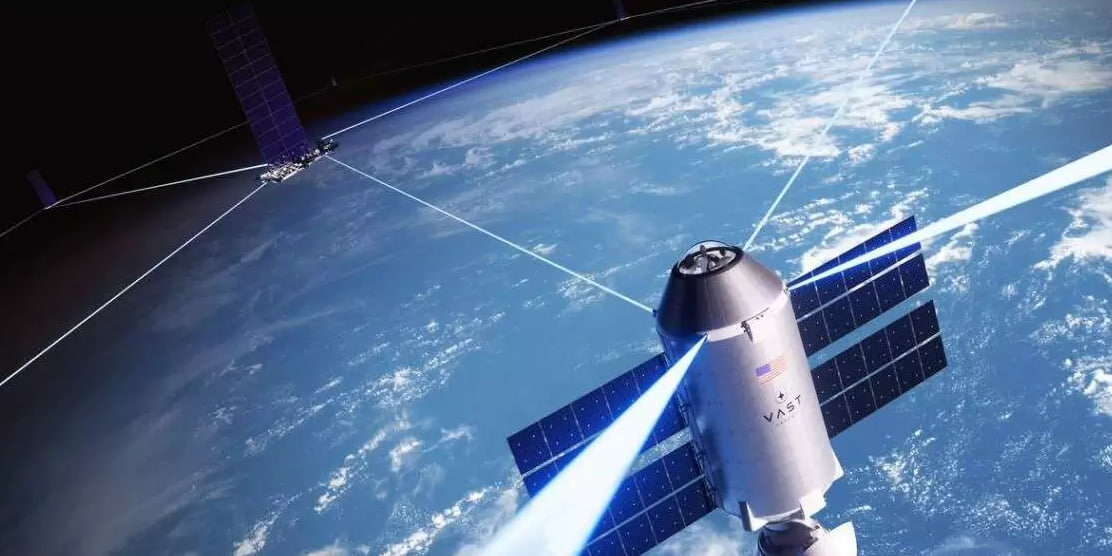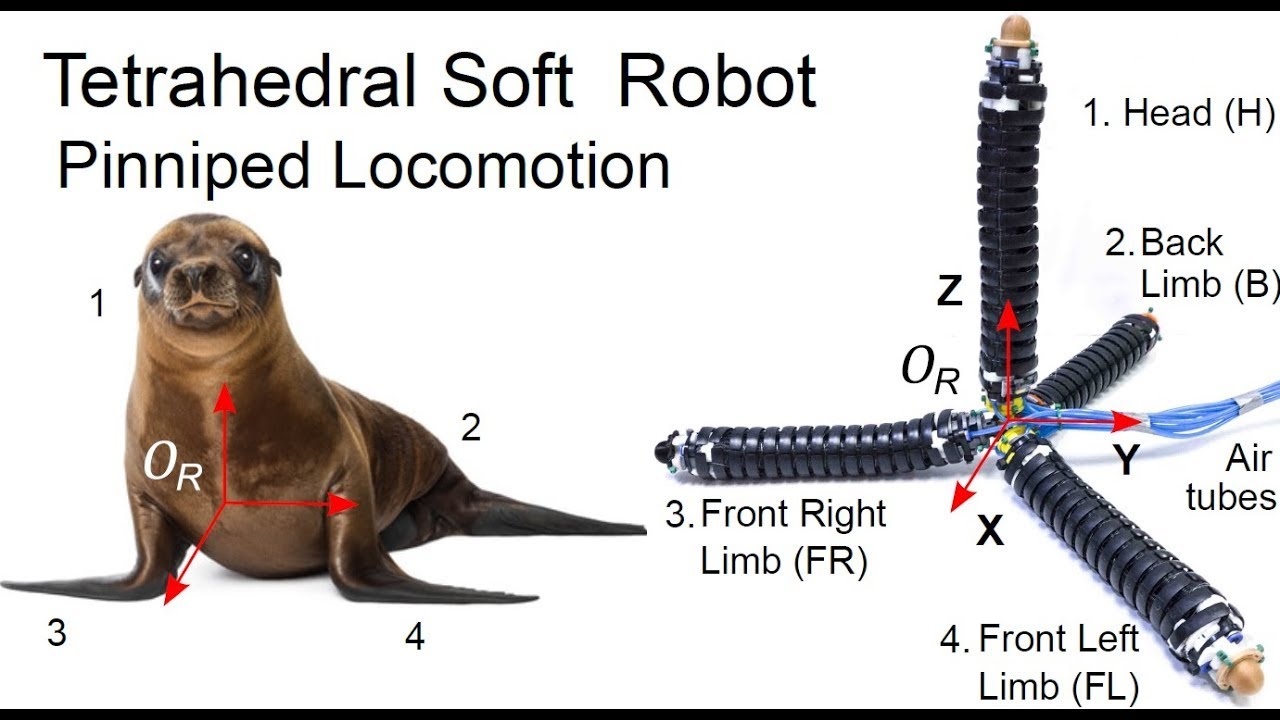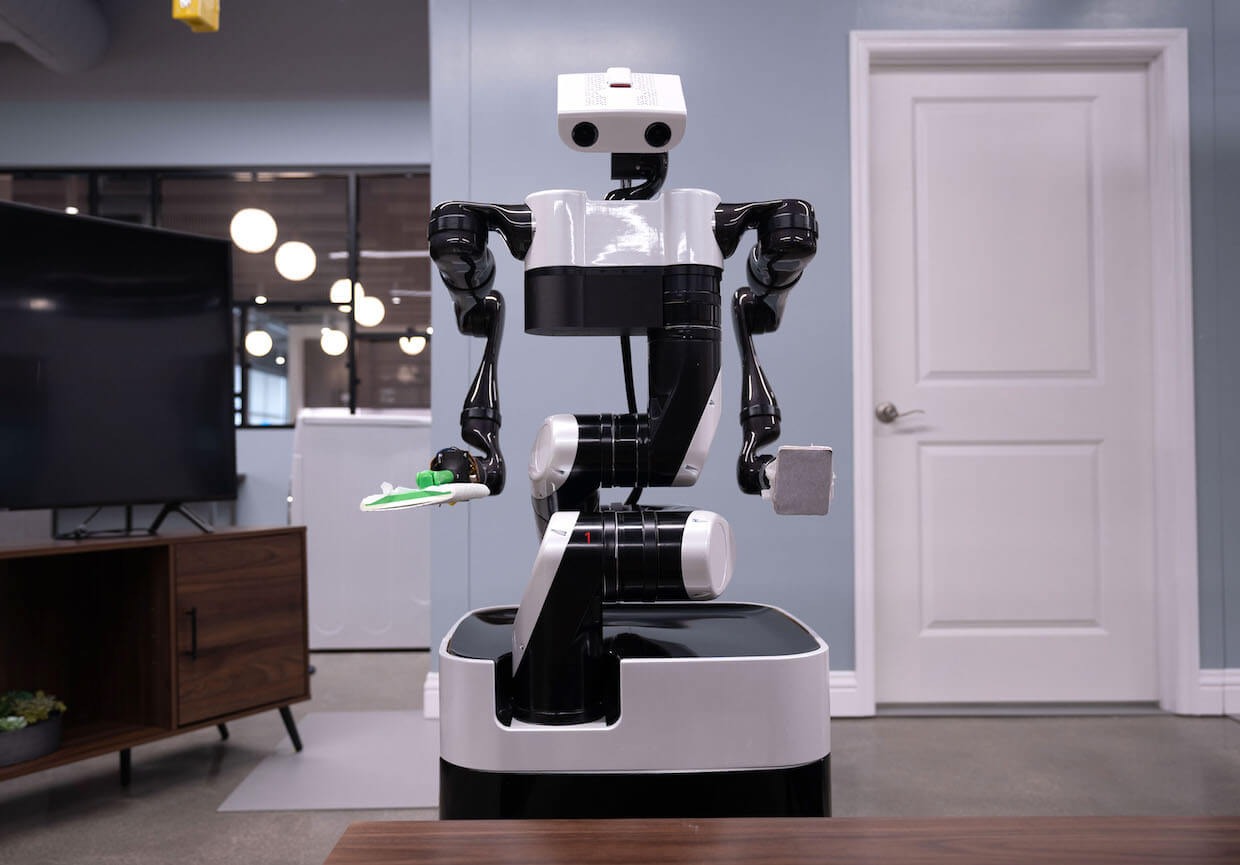In a historic summit bringing together Trump, Saudi Crown Prince, and the world's richest man, Elon Musk reveals his vision for a robot-powered economic transformation.
In a move that could reshape the economic landscape of the Middle East, Elon Musk has unveiled ambitious plans to integrate Tesla's cutting-edge robotics technology into Saudi Arabia's vision for economic diversification. During the high-profile Saudi-U.S. Investment Forum in Riyadh this week, Musk demonstrated his company's humanoid Optimus robots to an audience that included U.S. President Donald Trump and Crown Prince Mohammed bin Salman, signaling what experts are calling "the beginning of the end of the oil era."
From Oil Wells to Robot Factories
The demonstration of Tesla's Optimus robots wasn't merely a tech showcase—it represented a potential seismic shift in Saudi Arabia's economic strategy. For decades, the kingdom has relied on its vast oil reserves as the cornerstone of its economy. Now, under the Crown Prince's Vision 2030 initiative, Saudi Arabia is aggressively pursuing technological innovation as its pathway to a post-petroleum future.
"Saudi Arabia is perfectly positioned to become a global hub for robotics manufacturing and deployment," Musk told the assembly of business leaders and government officials. "The transition from an oil-based to an innovation-based economy isn't just wise—it's inevitable."
Industry analysts note that this partnership comes at a crucial time for both parties. Saudi Arabia is seeking to diversify its economy beyond oil, while Tesla is looking to scale up production of its Optimus robots and find new markets for deployment.
Robot Taxis and AI Workers: The New Saudi Vision
In what might be his most ambitious proposal yet, Musk outlined plans to launch autonomous Tesla robotaxis throughout Saudi Arabia's urban centers. These self-driving vehicles would complement an ecosystem of AI-powered solutions that include humanoid robots capable of performing manual labor.
"I think it would be very interesting to have autonomous cars here, of course, if you are open to it," Musk remarked directly to Saudi leadership, who reportedly responded with enthusiasm.
The Optimus robots, which Musk presented to both Trump and the Crown Prince, represent what Tesla calls "general purpose" humanoid workers—capable of everything from manufacturing tasks to service industry roles. Market analysts project that if deployed at scale, these robots could eventually replace millions of expatriate workers currently employed in the kingdom.
Starlink Approval: A Digital Infrastructure Revolution
Beyond robotics, Musk announced that Saudi authorities have approved Starlink for aviation and maritime use within the kingdom—a major breakthrough for SpaceX's satellite internet service. This approval allows Saudi Arabia to rapidly modernize its technological infrastructure, bringing high-speed internet to remote areas and enhancing connectivity across the country's vast geography.
"Starlink will serve as the digital backbone for a new generation of technologies in Saudi Arabia," Musk explained. "From autonomous vehicles to remote robotic operations, reliable connectivity is the foundation of any innovation economy."
Underground Transport: The Boring Company's Next Frontier
In a surprising addition to his Saudi proposals, Musk discussed bringing The Boring Company's tunnel technology to Saudi cities. Already operational in Las Vegas, these underground transit systems could revolutionize urban mobility in congested Saudi metropolitan areas.
"By creating a three-dimensional transport network, we can eliminate traffic congestion while dramatically reducing the carbon footprint of urban transportation," Musk said, highlighting how the technology aligns with Saudi Arabia's growing emphasis on sustainability.
Star Trek or Terminator: The Two Possible Futures
Perhaps most striking was Musk's candid assessment of where robotics and AI could lead humanity. With characteristic bluntness, he outlined two potential futures: one resembling the utopian abundance of "Star Trek," where robotic labor creates prosperity for all, and another mirroring the dystopian "Terminator" scenario if AI development proceeds without proper safeguards.
"Humanoid robots could potentially double or triple global economic output," Musk claimed. "This could create a world where everyone's basic needs are met and work becomes optional rather than necessary for survival."
However, he quickly tempered this optimism with a warning: "But we must be extremely careful. The same technologies that could liberate humanity could also pose existential risks if developed irresponsibly."
Trump's Endorsement Signals New U.S.-Saudi Tech Alliance
President Trump's presence at the forum and apparent approval of Musk's proposals suggests a strengthening of U.S.-Saudi relations with technology as a central focus. Sources close to the administration indicate that facilitating American tech investment in Saudi Arabia has become a priority in the bilateral relationship.
"What we're seeing is the formation of a new kind of alliance," commented Dr. Ibrahim Al-Assaf, former Saudi Minister of Finance. "Not based on oil or military cooperation, but on technological transformation and innovation."
Industry Reaction: A Mixed Response
While Saudi officials and some business leaders have enthusiastically embraced Musk's vision, others in the technology sector express concerns about the rapid pace of deployment being proposed.
"Moving from oil extraction to robot manufacturing isn't just an economic transition—it's a complete societal transformation," noted Sarah Chen, director of the Global Technology Policy Institute. "The question isn't whether Saudi Arabia can afford these technologies, but whether its society and workforce are prepared for such dramatic change."
Labor economists point out that while robotics could create new high-skilled jobs, they would likely eliminate many more positions currently held by foreign workers and Saudi citizens alike.
From Vision to Implementation
As Musk concluded his presentations in Riyadh, he emphasized that these technologies aren't futuristic concepts but near-term realities. Tesla has already begun scaling production of Optimus robots, Starlink satellites are operational worldwide, and The Boring Company continues to expand its projects.
For Saudi Arabia, the path forward involves not just purchasing these technologies but developing the expertise to maintain and eventually produce them domestically. Officials have announced plans to establish a "Robotics Valley" research and development center near Riyadh, hoping to attract global talent in AI and robotics.
Whether this ambitious technological pivot will successfully transform Saudi Arabia's economy remains to be seen. But one thing is clear: in the global race toward an automated future, the kingdom is making a bold bid to move from oil wells to robot factories—and Elon Musk is positioning himself as the architect of this transformation.


















